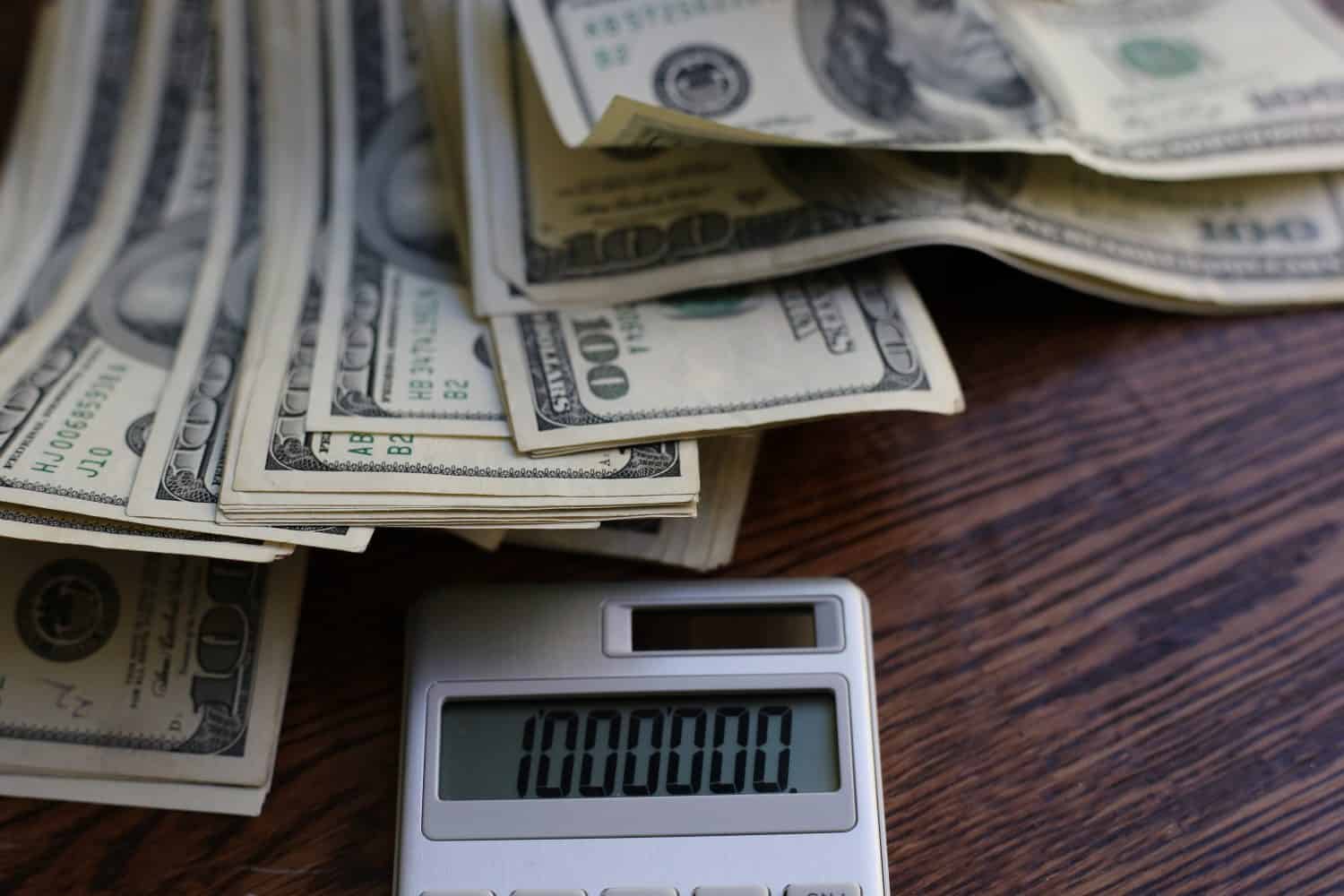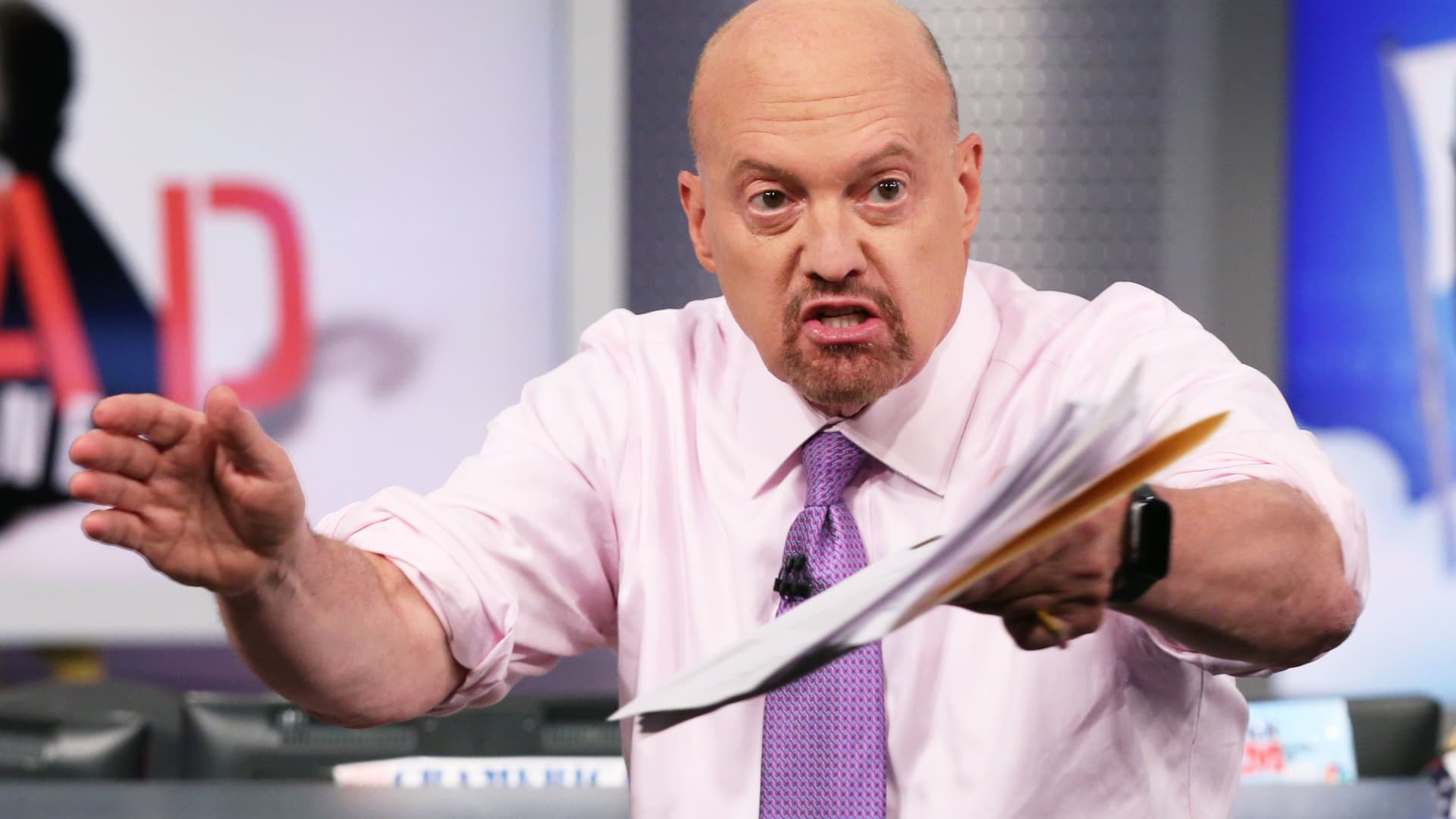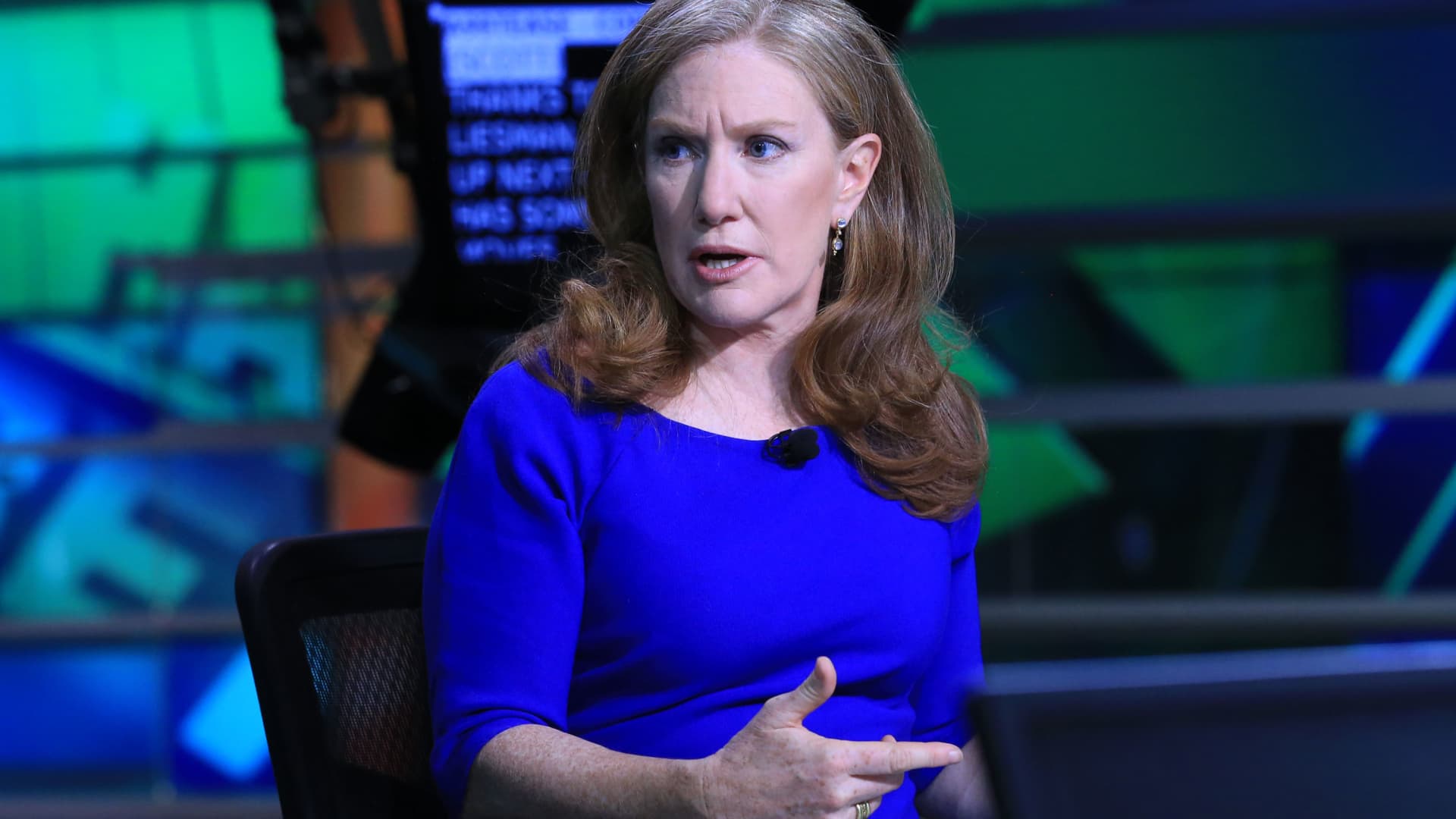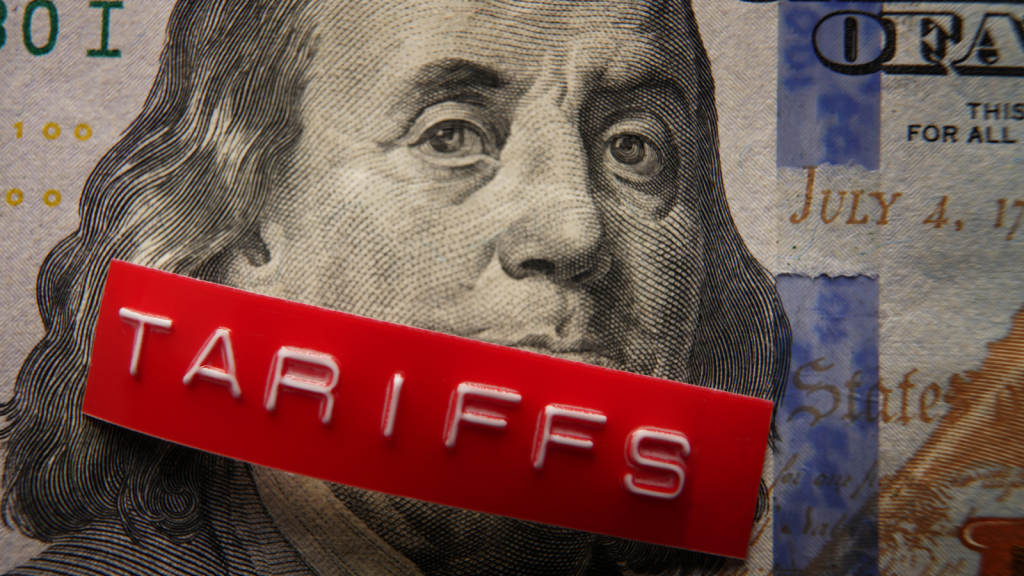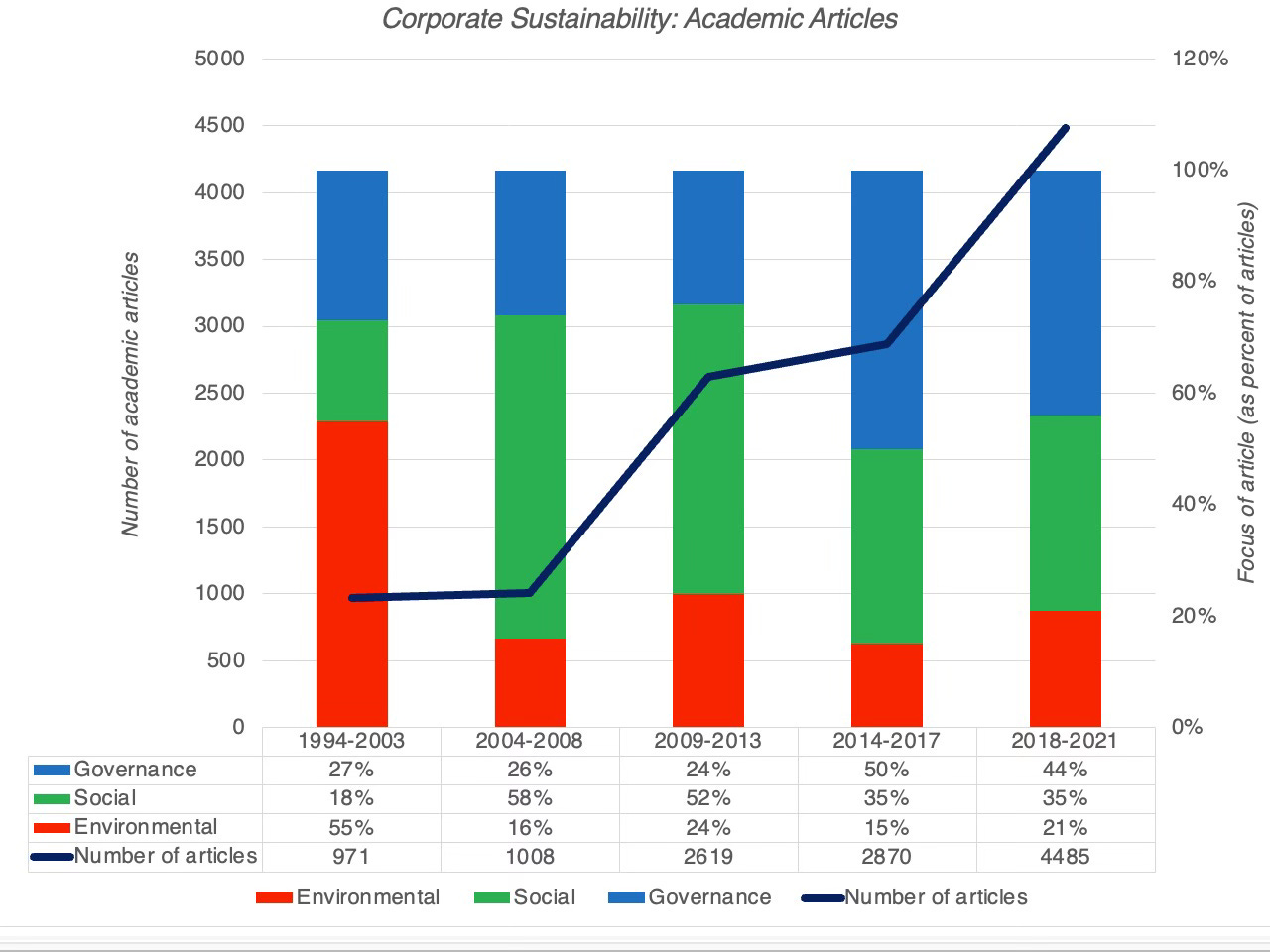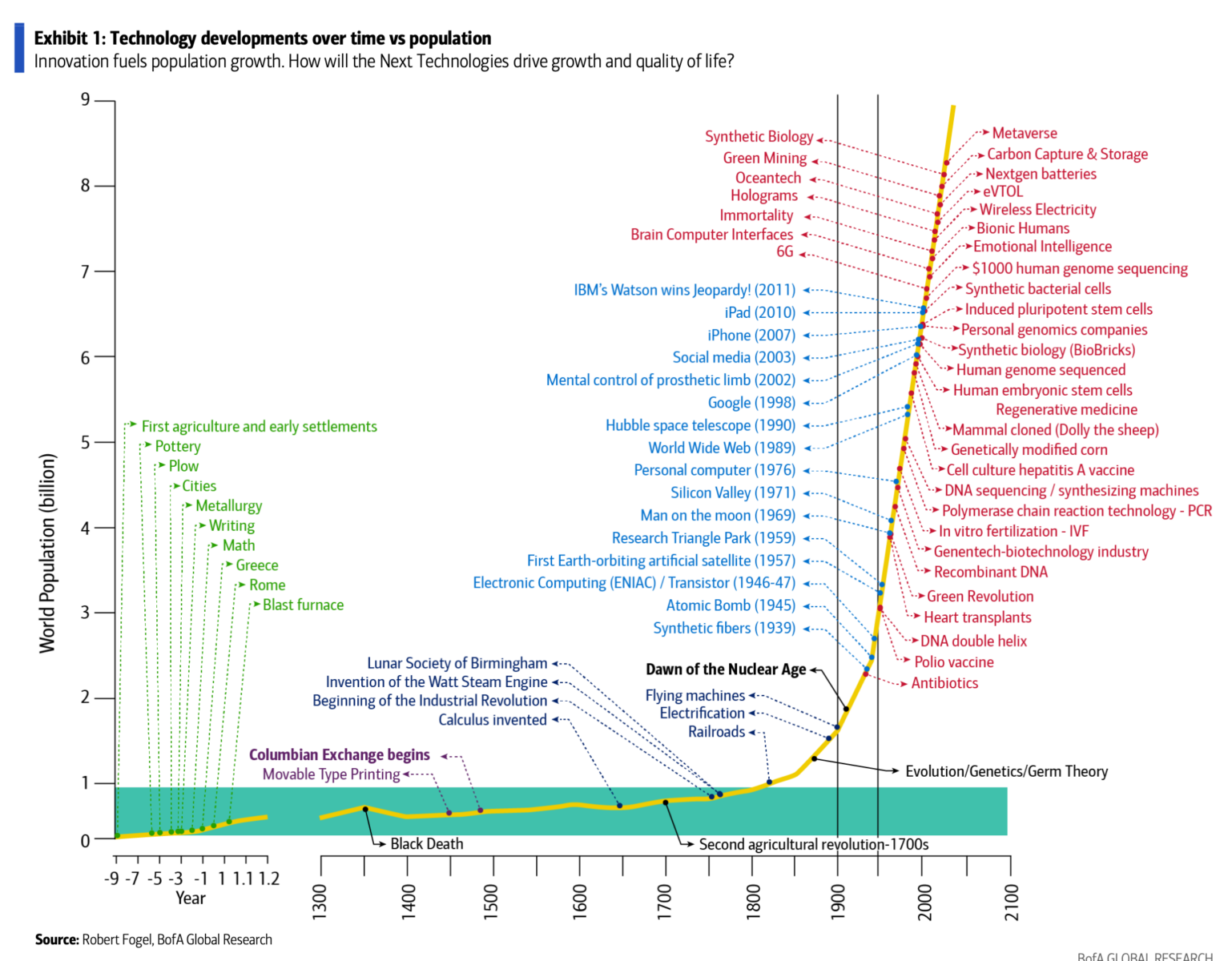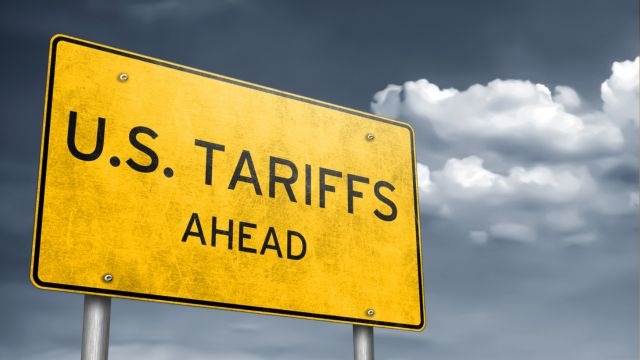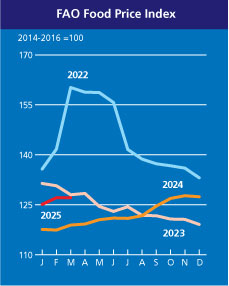Should I Change My Retirement Date If My $1.5 Million Portfolio Drops to $1.2 Million?
If you’re thinking about putting off retirement by some number of years following the recent Trump tariff-driven stock market correction, you’re not alone. Though this week’s relief rally has allowed many stock portfolios to heal from the worst of the March-April sell-off, there are still many prospective retirees who have portfolios and net worths that […] The post Should I Change My Retirement Date If My $1.5 Million Portfolio Drops to $1.2 Million? appeared first on 24/7 Wall St..
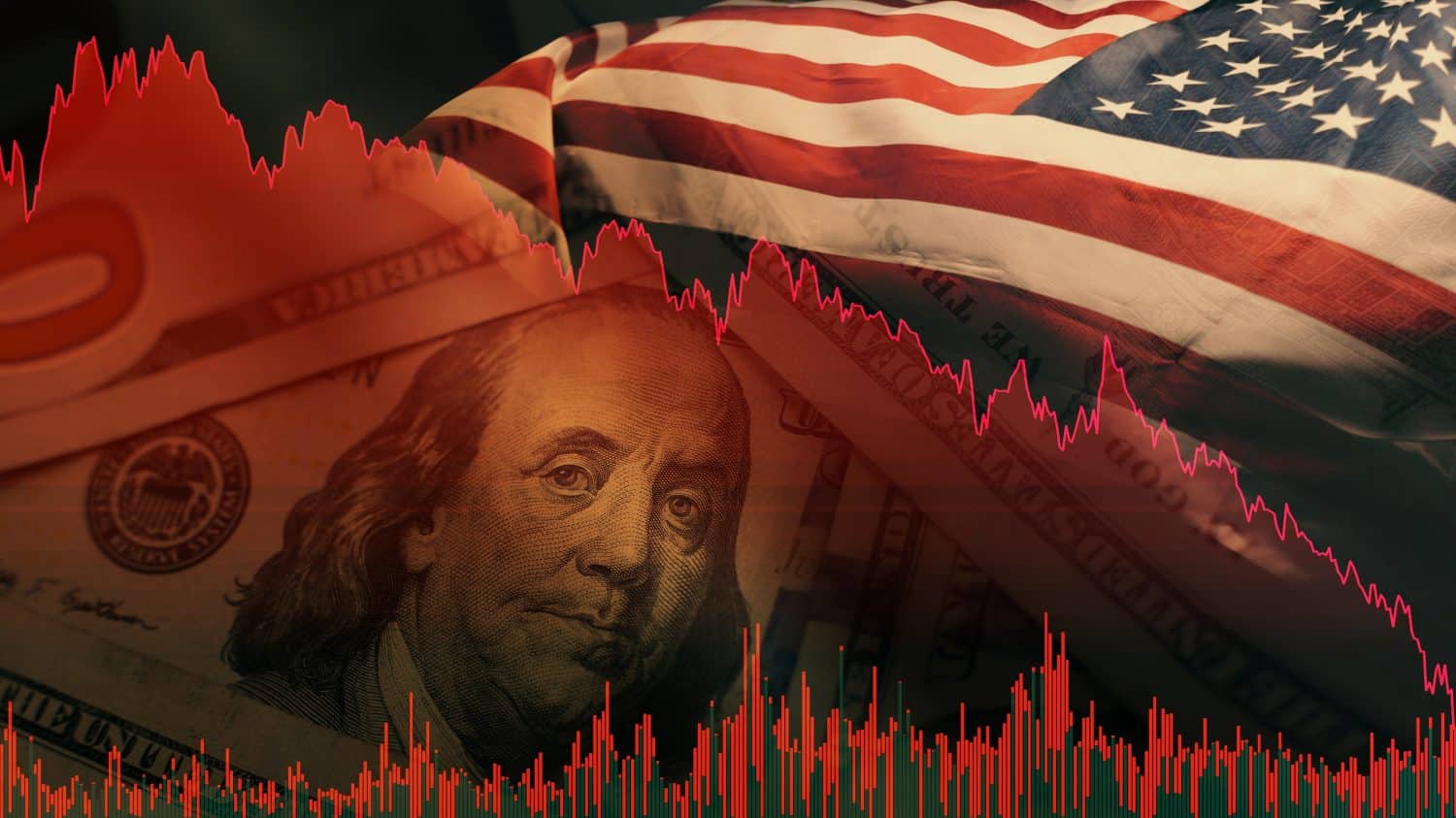
If you’re thinking about putting off retirement by some number of years following the recent Trump tariff-driven stock market correction, you’re not alone. Though this week’s relief rally has allowed many stock portfolios to heal from the worst of the March-April sell-off, there are still many prospective retirees who have portfolios and net worths that are off more than 10% from their highs hit just earlier this year.
And while it may still be giving some second thoughts on retiring in the near-to-medium-term, I do think it’s not at all a bad idea to push one’s retirement date further out.
Key Points
-
The market sell-off has left some near-retirees with some untimely wounds. Delaying retirement could prove wise, as one aims to recover and re-adjust.
-
Are you ahead, or behind on retirement? SmartAsset’s free tool can match you with a financial advisor in minutes to help you answer that today. Each advisor has been carefully vetted, and must act in your best interests. Don’t waste another minute; get started by clicking here.(Sponsor)
Pushing a retirement date out in response to a market decline may be a good move
At the very least, delaying one’s retirement date would allow one enough extra cash to top up their retirement portfolio on the dip while granting more time to recover from a market decline that may very well go down in the record books as “just another run-of-the-mill, garden-variety correction.”
Of course, there’s always the risk that the market bottom has yet to form and a bear market drags one’s portfolio down further into the abyss as the unpredictable tariff war intensifies. Of course, it’s hard to imagine how much more intense and aggressive tariffs could become, with Trump imposing a shocking and horrifying 245% tariff on Chinese goods imported into the U.S.
Sure, the triple-digit figure could become a four-figure one, but would the size of the tariff really change anything? Arguably, we’re already above and beyond the threshold that would allow for any trade. Some folks, including U.S. Treasury Secretary Scott Bessent, have described the current trade situation between the U.S. and China as an embargo.
In any case, I wouldn’t time the market and would encourage the soon-to-be retired to exercise their options and stay flexible as well as adaptable, if possible, as they seek to better ride out this Trump tariff turmoil in markets.
Losing $300,000 in a few months is concerning. But does that derail a retirement plan?
For someone who shed around $300,000 in a few months, I’d argue staying flexible is key to recovering gracefully. Undoubtedly, had the prospective retiree been set on a specific retirement date, they probably wouldn’t have taken as much risk so as to suffer a decline that’s more substantial than the peak-to-trough drawdown in the S&P 500.
Someone who’s set on a retirement date should have shifted into bonds and other low-risk instruments to keep things on schedule. Indeed, target-date funds and ETFs can be a great option for those seeking to simplify asset allocation when approaching retirement.
In any case, not all is lost for someone who’s seen their nest egg shrink from $1.5 million to $1.2 million, especially if there’s the option to stay in the labor market for some number of quarters (or years) further. Arguably, I’d look to contact a financial advisor for greater clarity and perhaps suggest a rebalancing that would prevent such an occurrence from happening again.
Taking on too much risk close to retirement is a mistake.
While it may be too late to shift into more defensive assets (think CDs, annuities, bonds, and gold), I do think the hefty losses in stocks should be a lesson learned. Overestimating one’s risk tolerance is dangerous, especially for someone who has a retirement date in mind that lies within the decade. Of course, it can be tricky for many new investors to gauge their true risk tolerance until it’s too late and a market sell-off has already left a dent in the value of their portfolios.
In any case, a financial advisor should be able to help the near-retiree course-correct and understand the value of diversifying across asset classes.
The post Should I Change My Retirement Date If My $1.5 Million Portfolio Drops to $1.2 Million? appeared first on 24/7 Wall St..





































